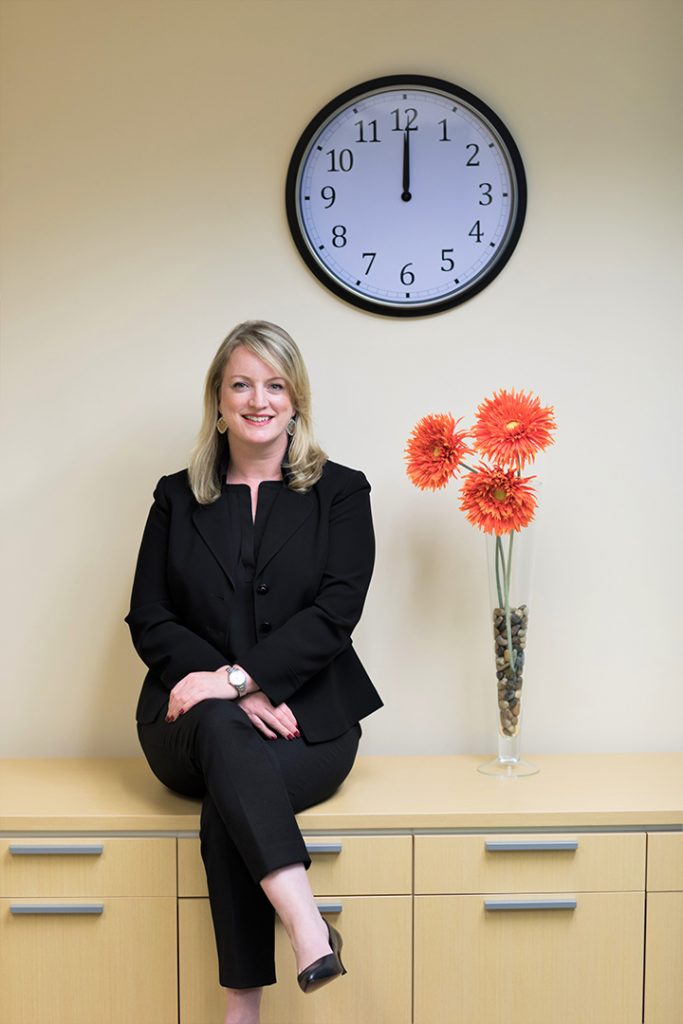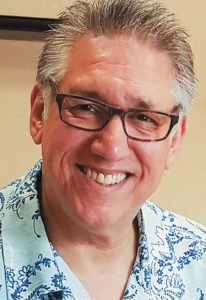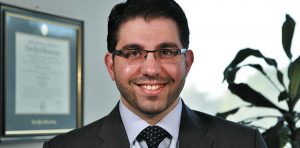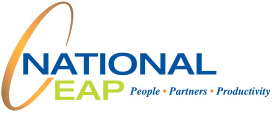As seen in Long Island Business News, October 5th, 2018
October 5, 2018

The allegations against Supreme Court nominee Brett Kavanaugh are sparking a national dialog about sexual abuse and misconduct. And that conversation is seeping into the workplace.
It’s not that surprising, when you consider that one in three women and one in six men have experienced some form of contact sexual violence, according to the National Sexual Violence Resource Center.
“That’s a lot of people listening to triggering dialog,” said Aoifa O’Donnell, CEO of the Hauppauge-based human resources consulting company National EAP, and an expert in employee behavior.
And now, the nation is riveted on the U.S. Senate’s pending decision to confirm Kavanaugh or believe the allegations of Dr. Christine Blasey Ford. Among the issues being confronted by Americans is whether a sexual assault was perpetrated on a 15-year-old girl by a teenage boy who would one day be nominated to a lifetime position on the U.S. Supreme Court.
“Everyone has a stake in this,” said O’Donnell, adding the reaction to the national spectacle is just beginning to seep into the workplace.
The discussions coincide with the first anniversary of a crystalized #MeToo movement, where victims of sexual misconduct in Hollywood, corporate America and the media began to speak out.
The dialog also comes at a time when New York State employers must adopt anti-sexual harassment training and institute training programs by Oct. 9, 2018, with training completed before Oct. 9, 2019.
Anti-sexual harassment issues are “a very hot topic right now,” said Tony Dulgerian, an associate at Nixon Peabody, a law firm with offices in Jericho where he specializes in labor and employment. “Now may be a good time to revisit those and be sure employees are aware that sexual harassment in the workplace will not be tolerated.”
For some, the training can’t come soon enough.
For example, for victims of sexual assault, the current national dialog leading up to and beyond the Senate Judiciary Committee hearing can spur flashbacks that can amount to post traumatic stress disorder, experts said.

Specific portions of the testimony may trigger reactions. Hearing “bits and pieces” about “being pushed” or “choked” or a phrase that included “covered their mouth” can result in “unlocking old thoughts of memories they thought they put away,” said Dr. Mitchell Schare, a professor of psychology, and director of the Phobia and Trauma Clinic and Saltman Community Services Center at Hofstra University.
Those affected might be “more emotional, less attentive or more distracted,” Schare said.
This can be true for those who agree or disagree that Ford was a credible witness. They are still hearing accounts of sexual assault.
“From a mental health perspective, the current dialogue is a PTSD triggering event, affecting those who have been subject to unwarranted sexual behavior,” O’Donnell said. “Our concern is we know people are suffering.”
While Kavanaugh vehemently denied any charges of sexual assault at the Senate hearing, many victims connected to Ford’s testimony and felt empowered to recount their stories.
Those who have experienced assault “are looking to see if whether their experiences really matter in the eyes of the law and government,” O’Donnell pointed out. “Employers need to be aware that the national dialog is affecting employees.”
This national moment can prompt people to wonder if in their past, they’ve been too aggressive, Schare said. And it can be a troubling moment too for those who have had to cope with charges of misconduct.
“If people really feel they had been wronged in some way, they might want to speak with a therapist, or human resources, if [an allegation] was through the organization,” Schare said.
And when complaints surface, employers must be prepared, experts warned.
“This is why we need a fair processes that’s consistent – whether you’re the accused or the person reporting,” O’Donnell said. Employers should “take their time to make a fair assessment. Everyone is entitled to employment and to have a fair shot at maintaining that.”
As the nation continues to digest the hearing and subsequent coverage, this might be a good time for HR to reach out as needed to say, “You don’t seem to be yourself,” and offer to help the person connect with resources, Schare said.
As the dialog continues, HR experts can consider reminding workers about the organization’s employee assistance program, or send out a general email about therapy service covered under their benefits.
“I think it would be well-received,” Schare said.

If anxiety is triggered, there could be potential disability, Dulgerian said. If an employee asks for an accommodation, solutions might include “moving a workspace away from certain employees, or changing a shift so the person is not working with the employee,” he added.
And in New York City, the Safe and Sick Time Act, amended in May, enables workers “to take time off to seek services” to address matters such as domestic violence or sexual offence, Dulgerian said. Employers “should be aware of these laws and how they work,” he noted.
Experts agree that it’s a good time to be proactive.
National EAP, for example, sent a webinar to clients to forward to employees. Among the webinar’s recommendations: Take breaks from the news and social media; take care of ourselves through fitness and other enjoyable activities; and ask for help when needed.
And keep in mind that “there’s a very good chance you’re working next to someone who had a terrible experience,” O’Donnell said. People “should be mindful about how we talk about it.”
It’s political for a lot of people, she added.
But for others, it’s personal.


